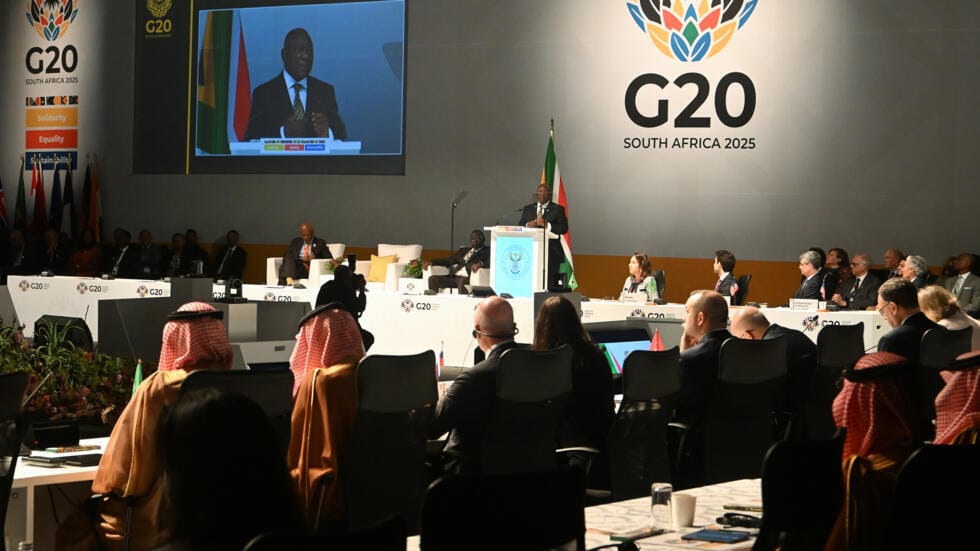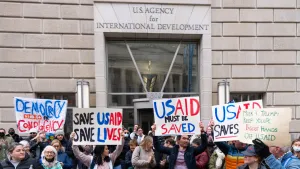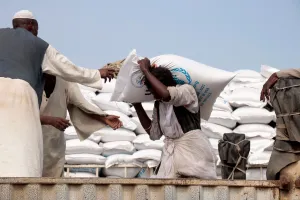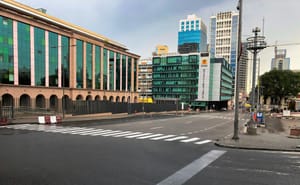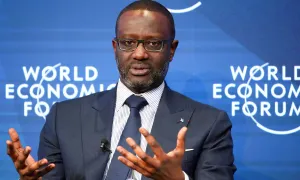As South Africa assumes the G20 presidency, it positions itself as a mediator between the Global North and South, urging the forum to prioritise solidarity, sustainability, and equality amid deepening geopolitical and economic fractures.
Though traditionally focused on macroeconomic cooperation, the G20 is increasingly tasked with navigating the intersection of finance, development, and global security. For South Africa, these domains are inseparable—especially as African nations face mounting debt, climate vulnerability, and protracted conflicts.
A Presidency Rooted in Ubuntu
Invoking the philosophy of ubuntu—the notion that one's humanity is bound to others—Pretoria's leadership frames international cooperation as a moral imperative. Its presidency is marked by efforts to restore consensus within the G20, bridging disparate interests through inclusive dialogue.
This commitment is more than rhetorical. Hosting its recent foreign ministers meeting in NASREC—a symbolic urban development site—South Africa underscored its domestic and global ambition to close development gaps and re-centre neglected voices in multilateral institutions.
Debt, Development and Climate Injustice
A key priority is reforming the global debt architecture. South Africa argues that unsustainable debt burdens and inflated borrowing costs have crippled development prospects across the Global South. Debt service continues to outpace investment in public infrastructure and human development.
Moreover, Africa remains disproportionately affected by climate change despite contributing minimally to global emissions. From 2015 to 2022, the continent received just 2% of global clean energy investment. Pretoria insists that this stark imbalance must be redressed through a more equitable flow of climate finance and stronger G20 alignment with the upcoming global conference on financing for development.
Peace, Security and a Multipolar Vision
While the G20 has often avoided security debates, South Africa calls for a broader mandate. It stresses that unresolved conflicts—from eastern DRC to Gaza and Ukraine—directly undermine global economic resilience. The loss of South African peacekeepers in MONUSCO and SAMIDRC operations underscores the country’s stakes in regional peacebuilding.
South Africa rejects selective focus on specific conflicts, advocating instead for comprehensive support to "silence the guns" across Africa. Citing Chapter VI of the UN Charter, it encourages peaceful dispute resolution and multilateral engagement as essential tools for stability.
UN Reform and the SDG Deadline
With just five years remaining to meet the 2030 Sustainable Development Goals, South Africa warns of faltering progress. It supports bold reform of global institutions—especially the UN Security Council—to reflect modern power dynamics and amplify the Global South’s voice.
The G20, it argues, must act as a catalyst for accelerating SDG implementation, especially given that only 12% of targets remain on track. Without urgent action, the 2030 Agenda risks becoming a symbol of international failure rather than shared progress.
Consensus in a Divided World
South Africa’s presidency may be defined less by bold declarations than by its ability to hold the G20 together. In an increasingly polarised geopolitical environment, Pretoria views its primary task as preserving the integrity of multilateralism and maintaining open channels between major powers.
As Minister Naledi Pandor recently noted, unity is not just a diplomatic aspiration—it is a precondition for any meaningful G20 action on debt, climate, or peace. Whether this consensus-driven model can yield concrete results remains to be seen.
